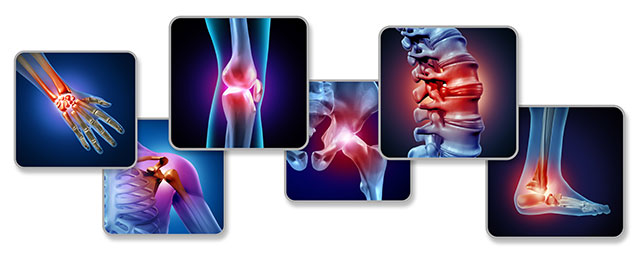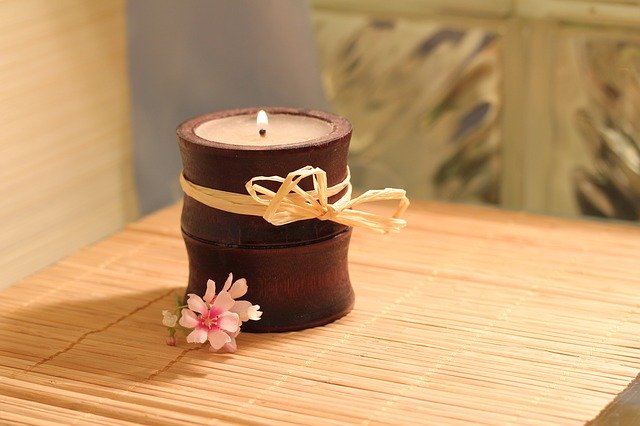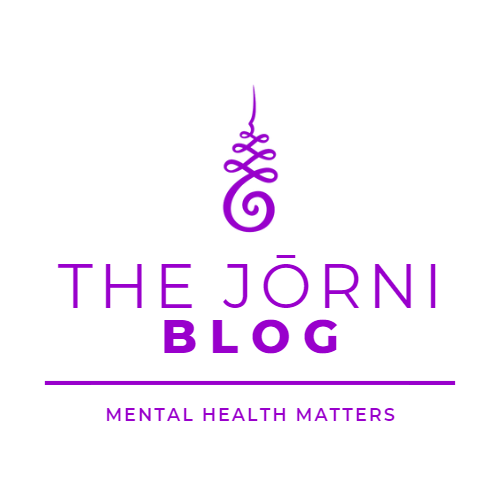
Can inflammation cause depression?
Inflammation
That usually makes me think about a cut on my finger that gets really red. Or, a sore throat that’s “inflamed”. It could also be when my allergies act up and I have a stuffy and itchy nose. But, inflammation has never made me think of my depression. And maybe it should have because there is an interesting link between the two.
In the late 90s and early 2000s when I first started battling depression, there was honestly not much talk about anything but taking antidepressants. The fact that so many things go into causing depression has only been talked about more and more in recent years.
Part of that is ongoing research; however, I believe part of it is also that people are starting to demand better help and support. Taking drugs is no longer an acceptable course of action for many people. And don’t get me wrong here. There are cases where medication definitely and without question has its place.
But for the majority of mild to medium (and even severe depression cases), there are many options to try alongside or instead of medication. And studies show there has been much success with various types of therapies. This brings me back to where it all started and the inflammation question.

Out of options
At the time, it felt like I did not have many options. I was prescribed Zoloft and I cannot even tell you the misery I went through on medication. At the same time, I was also battling an eating disorder and all those things combined made for the perfect storm that did not end well.
The interesting thing I see now is that even back then, it is possible that my depression was related to inflammation. I just did not know that. First off, I was very young. I did not know anything about inflammation. I also had food-related issues, which can affect inflammation in a big way. Again, I did not know about that either.
And I really, really wish someone would have educated me about inflammation.
So, let’s talk about what inflammation is.
I bet that many of you know the word, but might not know exactly what inflammation means. And it is possible that you have never heard of a link between inflammation and depression. In short, that is the important bit that can influence your depression in a negative way.
Inflammation in itself is actually a very good thing. It means your immune system is doing its job. It is a normal response to an injury, for instance. If you cut your finger, your immune system gets triggered through inflammation to kick into healing mode. You will notice redness, swelling, and of course, pain.
It works in a similar way when you get sick. For example, when you get the flu, you start feeling tired and run down. Your body spikes a fever to kill off the “intruder” virus. All your body’s energy is poured into fighting what is making you ill. Your body sends immune cells, hormones, and nutrients in response to inflammation. Again, this triggers a healing response and the inflammation will gradually decrease until you are healthy again.
“Healing takes courage, and we all have courage, even if we have to dig a little to find it.”
- Tori Amos
So far, so good.
But, things can go sideways when inflammation becomes chronic and just does not subside anymore. The body can literally start to think its own cells are intruders and start attacking itself. When there is a constant, low-level amount of inflammation in your body, it will have damaging consequences. This can happen in lifestyle situations, through environmental pollution, and also with certain illnesses.
For me, it was my situation and my lifestyle that contributed to inflammation in my body. Stress and trauma both trigger an inflammatory response in the body. So can diets high in sugars and processed foods and lifestyle choices like smoking, excessive alcohol consumption, and lack of exercise. You can probably see where I am going with this.

Since I had just experienced trauma, was under a lot of stress, had asthma, and was battling an eating disorder at the same time, the inflammation in my body skyrocketed. The worst part was that it stayed like that for many years. Instead of experiencing acute inflammation that passed, I experienced low levels of inflammation over many years.
Some of you might also be experiencing inflammation due to an illness like asthma, rheumatoid arthritis, cancer, or an auto-immune disease. And this list is definitely not exhaustive. There are many things that will keep inflammation going in your body.

How does inflammation link to depression?
Information on this topic was not very clear and has recently been explored in more studies. It seems that because inflammation affects things like your emotions (think of the stress you feel with chronic pain), the quality of your sleep, your digestion, and how you react to stress, it can lay the perfect foundation for depression symptoms.
In short, inflammation can set the stage for depression to appear on. Inflammation changes things in your body to create an environment depression can easily get a foothold in.
In addition, there is more and more evidence that inflammation is the “biochemical route of mental health symptoms”.
Wow. For me, this has become a huge eye-opener as of late. I wish I would have known a lot of this information much earlier on. It would have influenced my decisions and my approach to battling my depression. It would have been very helpful and may have helped shorten my depression.
How can you reduce inflammation?
Now we come to the nitty gritty of inflammation and that is how you can actually influence it. The truth is that for some people with certain illnesses, this will be an uphill battle. And you will need to work closely with your healthcare professional to make decisions that work for your body. You may still be able to manage or lower your inflammation levels despite your illness and that might help with your depression.
In many cases though, you can do a lot of things to lower inflammation in your body. A good place to start is your doctor. They can take a blood sample and test for inflammation markers in your body. This will give you an indication of the severity of inflammation, even if you do not currently have any symptoms.

Let’s break down the things you can do
If you look at the end of the post in the sources, you will find a link to some of the studies. In one study, researchers tested the effectiveness of prescribing anti-inflammatory medications to help with depression. This is one route you can try, but again, you will be taking medication that might affect other things in your body.
Definitely speak with your doctor about whether this would be recommended for you and get their advice. My preferred way was through lifestyle changes and without medication, but you need to find what works best for you.


Holistic changes to lower inflammation
Stress
Since stress causes an inflammatory response, it is essential that you manage your stress. This might be through changing toxic relationship situations, moving to a different city, finding a different job, through therapy, and through practicing self-care. It helps to identify your main source(s) of stress and to work on slowly decreasing it. You can add more tools like meditation, hypnosis, and yoga to help with stress as well.

Self-Care
One more way you can support self-care and stress reduction is by making sure you get quality sleep every night. Sleep will affect a lot of things in your body and not getting enough sleep or not getting good quality sleep can prevent you from getting healthy. This goes hand-in-hand with making sure you hydrate sufficiently with water and try to exercise a few times a week, even if you just start with short walks.
Diet
Another major way to influence inflammation is through your diet. I cannot stress enough how much a healthy diet helped me. Over time, I cut out sugar, processed foods and the majority of meat. I also limit simple carbs like bread and I don’t eat a lot of dairy. I try to use organic ingredients whenever possible.
Without doubt, keeping my diet in check has helped me feel a lot better. You can tailor your diet to include many anti-inflammatory foods and there are a lot of resources available online about anti-inflammatory diets. Indirectly this can also help with gastrointestinal illnesses and problems.

In addition, I don’t consume any alcohol. I mostly stick to water and green tea. This means I also cut out the majority of caffeine except the green tea and a cup of black tea once in a while. Again, remember that you don’t have to make all changes all at once. Changing my lifestyle and diet took a long time. I worked at it over more than a year because I wanted to make sure the changes were realistic for me to stick with.

The Takeaway
Stop and breathe
If all this makes your head spin, just take a moment and breathe. Inflammation is a natural immune response. It is absolutely normal to have inflammatory responses to injury, illness, or stress. In fact, it is a process that protects your body and it is vital to you surviving situations where you get injured or ill.
As depression gets understood better and more studies are done, we are also better understanding the link between inflammation and depression. This gives us the opportunity to find out how severe the inflammation in our body is, so we can do something about it.
Changing our lifestyle and diet to lower inflammation is a great idea at any rate. The fact that this can help battle depression is even better.
In addition, decide with your doctor whether adding anti-inflammatory medication to your depression strategy is a good step for you. Everyone’s situation is different and studies have shown that this type of medication can help with depression.

Give yourself space to change
The important thing to keep in mind is that any changes needs to be well thought out and broken into baby steps. Otherwise, you will most likely lose interest, become discouraged, and you will not stick with it.
Planning realistic steps will ensure you can lower inflammation long term.
Take your time and put in place small, little steps you can do on a daily basis. Give yourself the time to adjust and understand that your body will need time to heal. Nothing will happen overnight.

You have the power to make lasting, positive changes toward reducing inflammation and to help fight your depression in the process!

